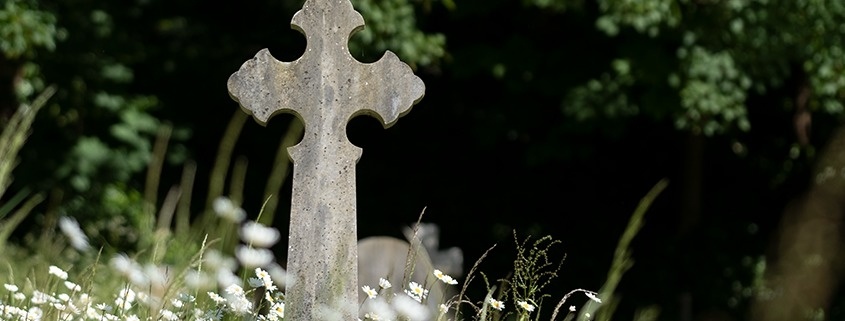As we reach the sombre anniversary of the start of the first national lockdown, revisit this podcast from October 2020. Take a moment to reflect on all that has passed and cast your fears for the future on the Lord.
Look back over the last six months and reflect for a moment. What part has fear played in your own life and your life’s journey? What part is anxiety playing now in the key decisions of your life? Does it have too loud a voice? Does all of that fear and caution have the support of reason? Are there inner fears which you are keeping buried deep inside and cannot name or talk through with those closest to you? Are those chains of fear shaping the decisions you make in your work or your Christian service?
If that is the case, listen to the word of the Lord to you: “Do not fear, for I am with you. Do not be afraid, for I am your God. I will strengthen you, I will help you, I will uphold you with my victorious right hand”.
The famous Dad’s Army episode at the start of this episode is taken from this BBC clip on YouTube
Photo: Shutterstock










